In the map of the world, Nepal as a sovereign nation from the very beginning of modern world history has unique and complex geopolitical existence. Surrounded by India via three sides and China’s autonomous region Tibet by the north, Nepal occupies sensitive position in the Earth which is further marked by the specialty of connecting world’s two emerging superpowers viz: China, the largest one following the doctrine of Communism and India, the largest Democracy.
As the current trend in global sphere of strategies is such that the world order has been shifting to Asia and history has been trying to vest the power to steer global affairs in Asian region, the traditional superpower of the world, i.e the USA has been paying its attention in the map of Asia in general and Nepal in particular so as to maintain its legacy and adequate authority in the emerging world order. Now we collectively can say that, India, China and the USA have been paying their strategic interests in Nepal. Let’s examine their interests individually:
The knot of relationship between India and Nepal is historic and unique. Since early antiquity there are explicit evidences to the vivid presence of India in Nepal’s vital political changes and uncertainties. Relations between Nepal and India have been shaping by two factors, namely the India based factors and the Nepal based factors and their collective effect till date, if we examine, is ruining of Nepal’s national interests in bilateral affairs with India.
Legitimate existence of the provisions favoring India in its relation with Nepal guaranteed under ‘1950s treaty’ and the traditional ‘Nehru Doctrine’ which Indian bureaucracy adopts while dealing with small neighbours of South Asia can be considered as the major tenets which Indian side adopts while pursuing its Nepal policy. On the other hand age long culture being practicing by the major political parties and influential elite classes to guarantee space as desired by India while choosing our own governance system and future course of domestic politics is the chief Nepal based factor responsible for reducing our national capacity and making embarrassing loss in bilateral relation with India.
The results in turn are: India perceives Nepal under its traditional narrow hegemonic concept of ‘security umbrella’ and wants to exert adequate influence over the Nepal’s standings on domestic, regional and international forums. India has been worrying about the potential security concerns posed through Nepali soil, wants to harness Nepal’s water resources to cope with the demand (consisting of drinking, irrigation and power) created by its tremendous population and has been exercising to suppress the influence of China in Nepal.
Bilateral relation of Nepal with China, unlike India, has been remaining less problematic and complex. After the successful completion of border demarcation and conclusion of Peace and Friendship Treaty in 1960, the Sino-Nepal relations are moving ahead approximately in streamline. Her only major concern is that the Nepali territory shouldn’t be used by secessionist groups and suspects demanding free Tibet. She wants no disturbance via Nepali soil to the peace and stability of Tibet. Despite being long practice of silence diplomacy in her Nepal policy, now China has been insisting Nepal to move with the OBOR initiative.
Current trend seems China is desirous of creating alliances with South Asian countries, particularly those which have somewhat turbulent interaction in their bilateral affairs with India and she will not let Nepal to be left on her ambitious connectivity projects under OBOR. China is in the mood of expanding its influence throughout the globe taking support from different pivot countries by making alliances and for the South Asian component, Nepal is the key which Chinese side understands in much well manner.
Talking about USA, it observes Nepal as a nation with strategic importance while pursuing its South Asia policy. Though, USA politically is more close to India than China, practical reality is that China is the major partner of USA in its foreign trade and vice versa. Being traditional superpower of the world, USA wants to suppress the communism oriented influence of China and is bit worried about the expanding Chinese radar in the world order both strategically and economically which is further reinforced by her OBOR initiative.
Under such circumstances, USA, through Nepali territory, using its diplomatic resources, is trying to assess the strengths and weaknesses of the nations of South Asia in general and China and India in particular to take appropriate counter strategies in order to maintain its governing position is the global politics in upcoming days too. Since China is attaining economic progress in much accelerated rate and has vowed to invest in her connectivity projects on which India is showing reluctance to join, USA under such conditions will try to make ally with India having coherent political philosophy to counter China and to exercise these things Nepali territory will certainly be appropriate.
As the chief geopolitical analyst at the Stanford University, Robert D. Kaplan says, “In the current globalized world affairs we cannot ignore any part of the world since each corner is affecting another leading to cluster-phobic world order” and has given emphasis over the influence of geography while shaping the fate of nations, we all Nepalese should be well cautious about our extremely delicate geopolitics.
Tangled with innumerable domestic problems including lack of adequate national capacity contributed by prolonged liquidity in the domestic politics and weak bureaucracy, it is exigent for Nepal to fix up her domestic politics and update her foreign policy. It is becoming too late to forge a minimum consensus mainly among political stakeholders on the vital aspects of national interests and foreign policy so as to adopt appropriate safeguarding strategies and accommodate ourselves in this inextricably challenging world.
Mr. Sharma is a Mechanical Engineer, Government Officer at Ghorahi Sub metropolitan City, Dang, and is interested in contemporary foreign and domestic affairs.

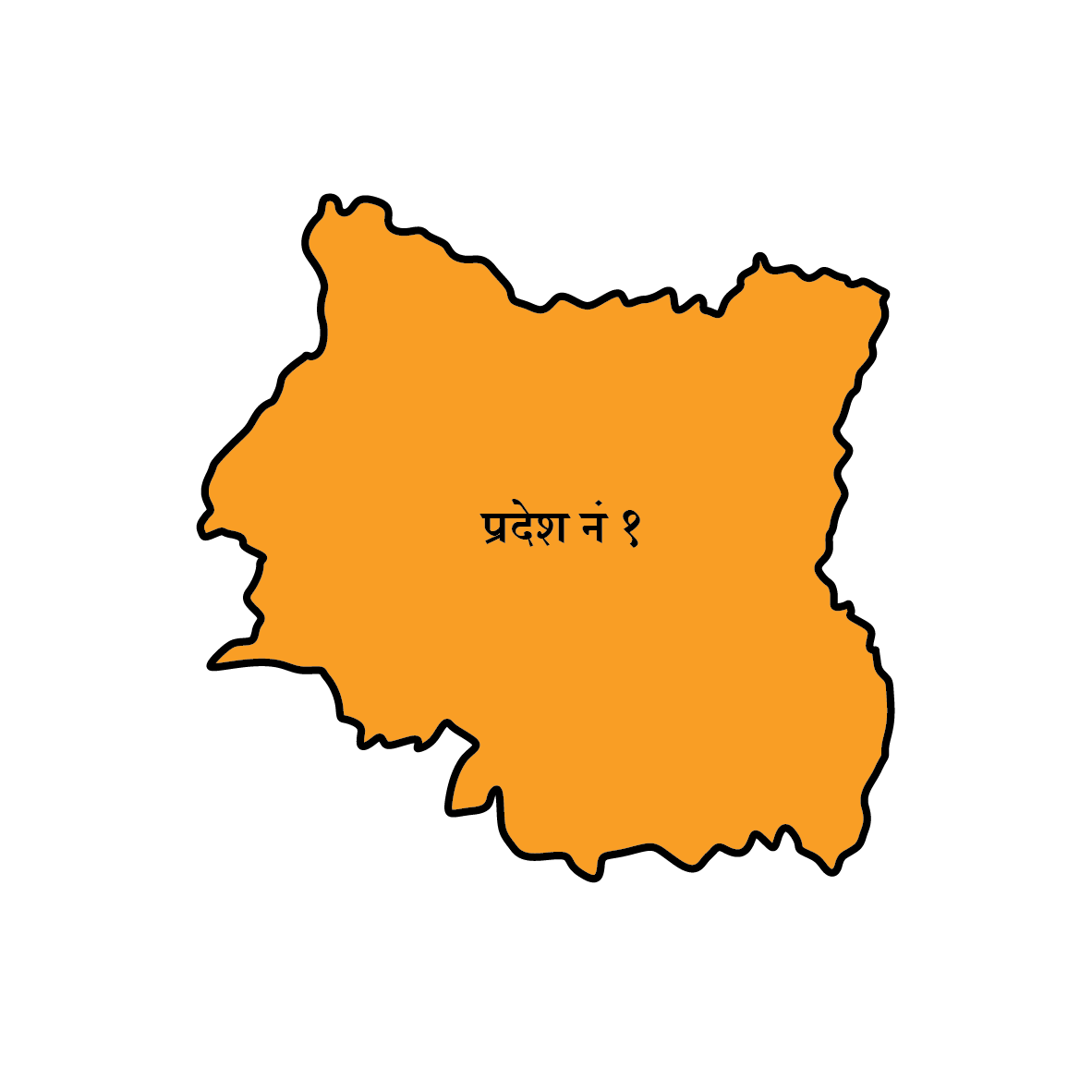 कोशी प्रदेश
कोशी प्रदेश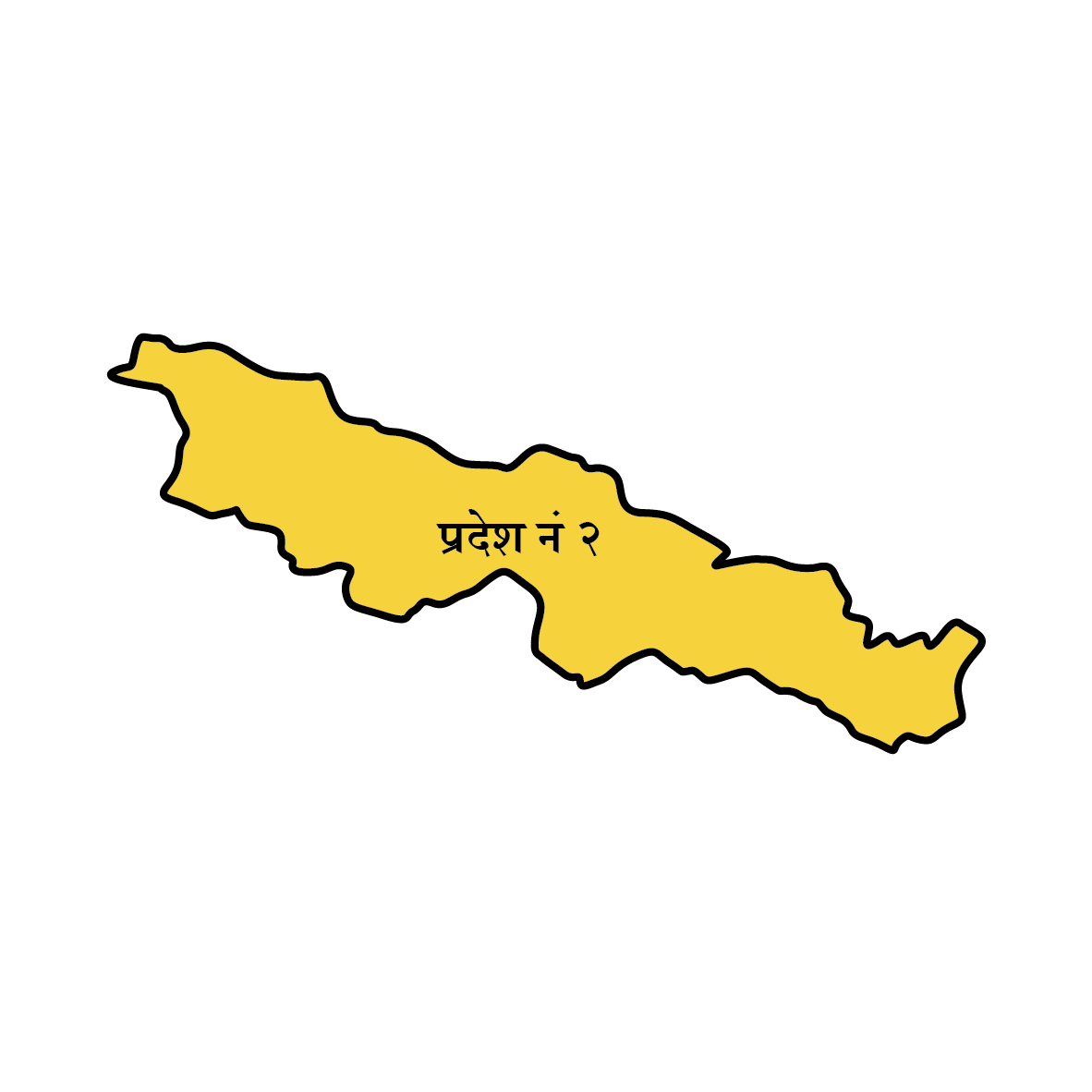 मधेश प्रदेश
मधेश प्रदेश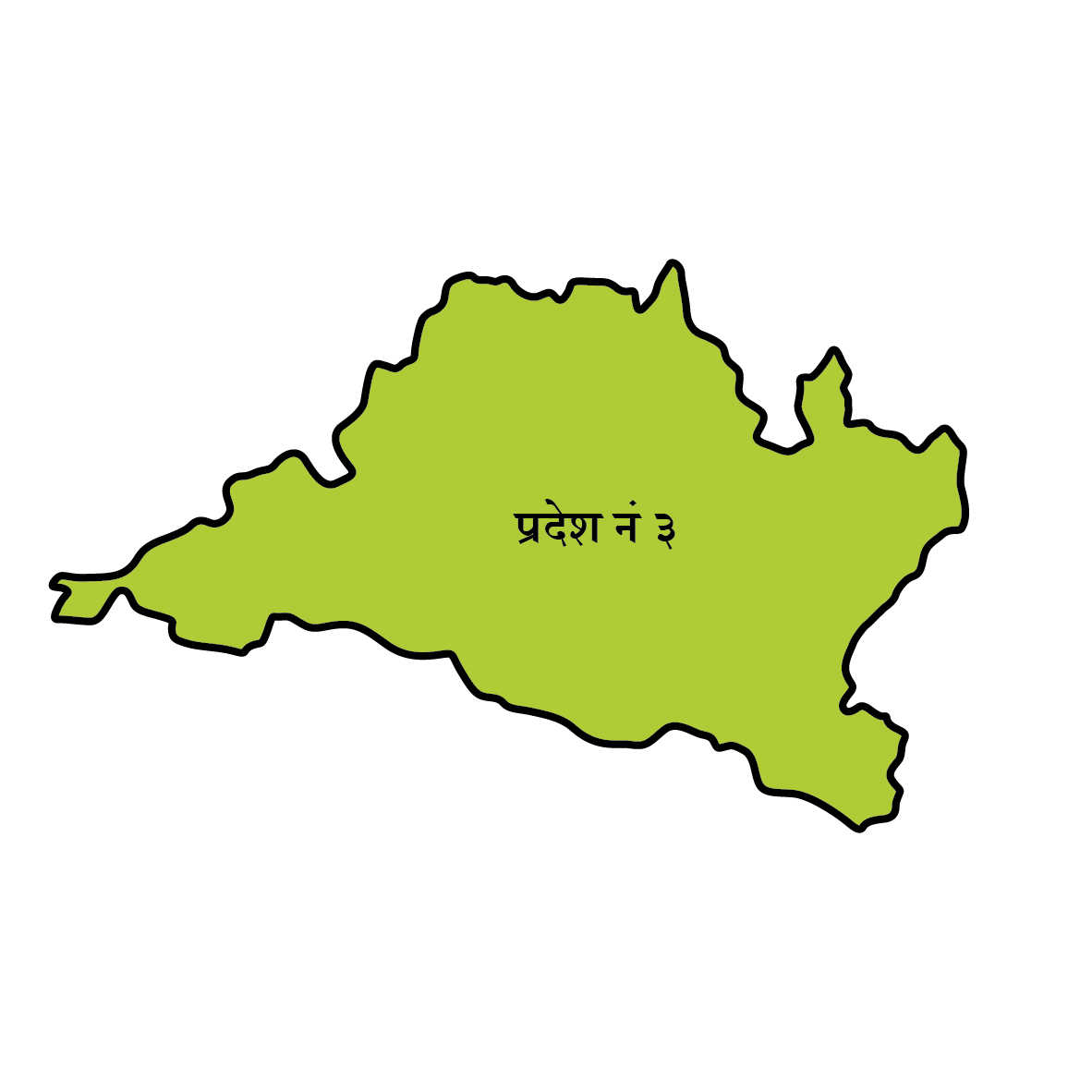 बागमती
बागमती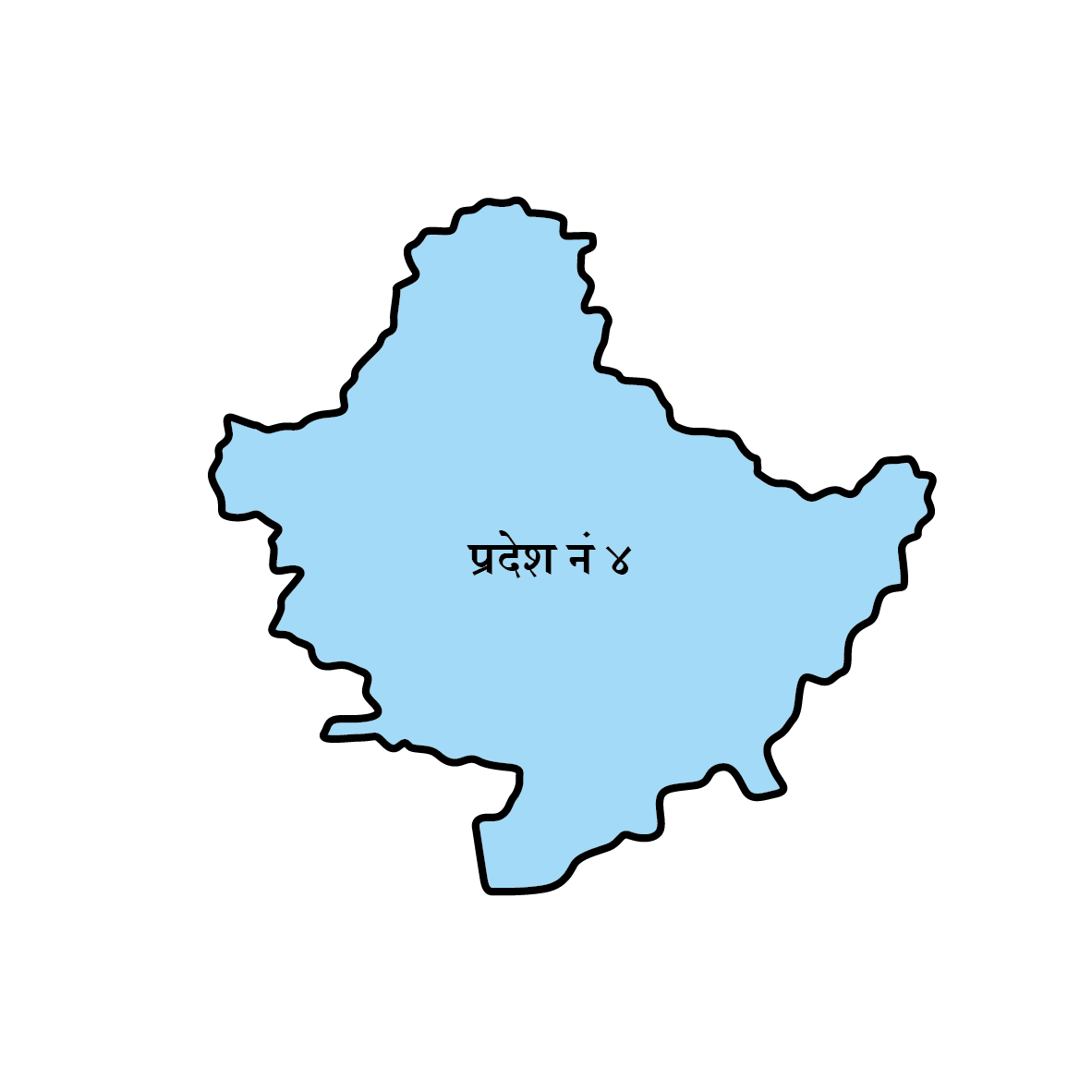 गण्डकी
गण्डकी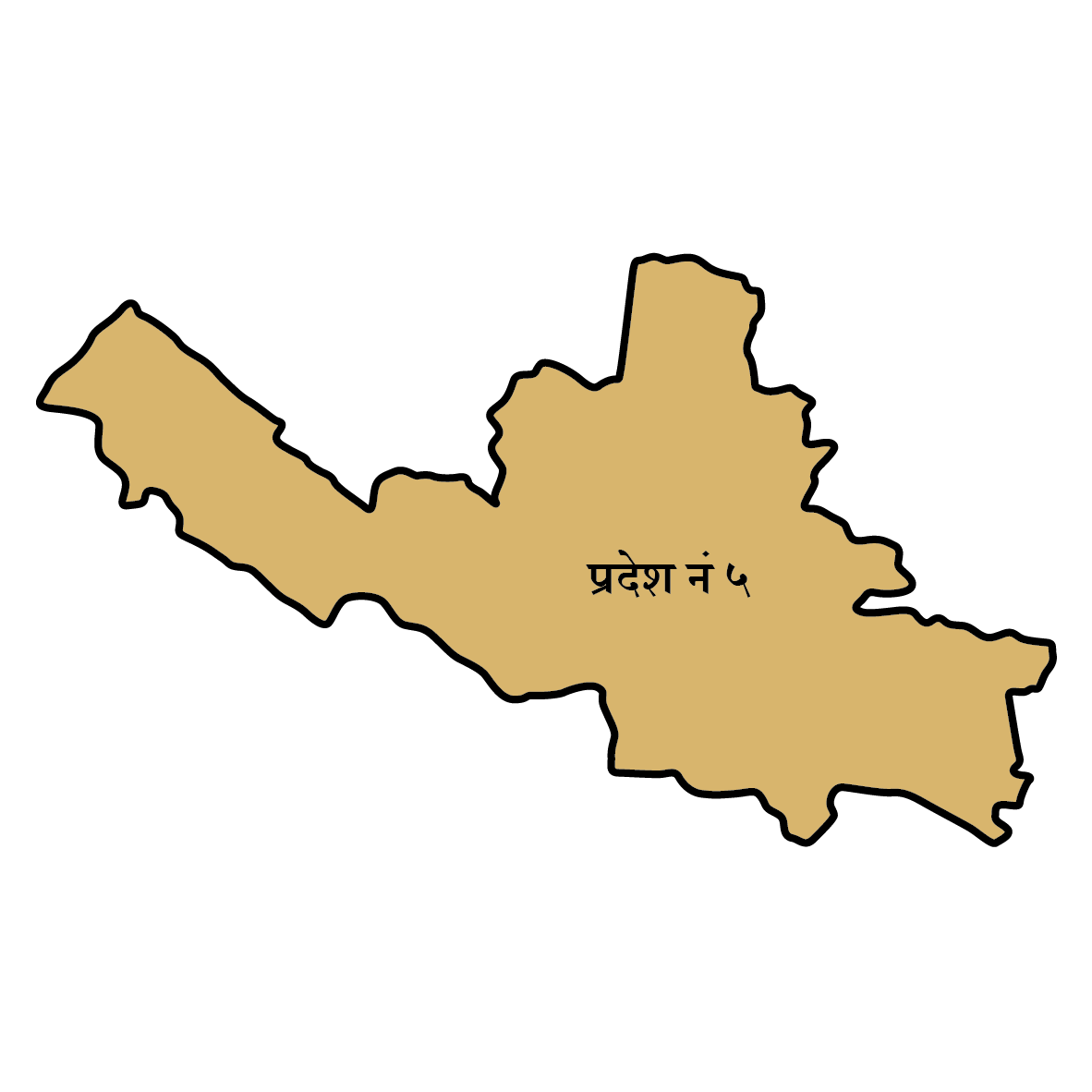 लुम्बिनी
लुम्बिनी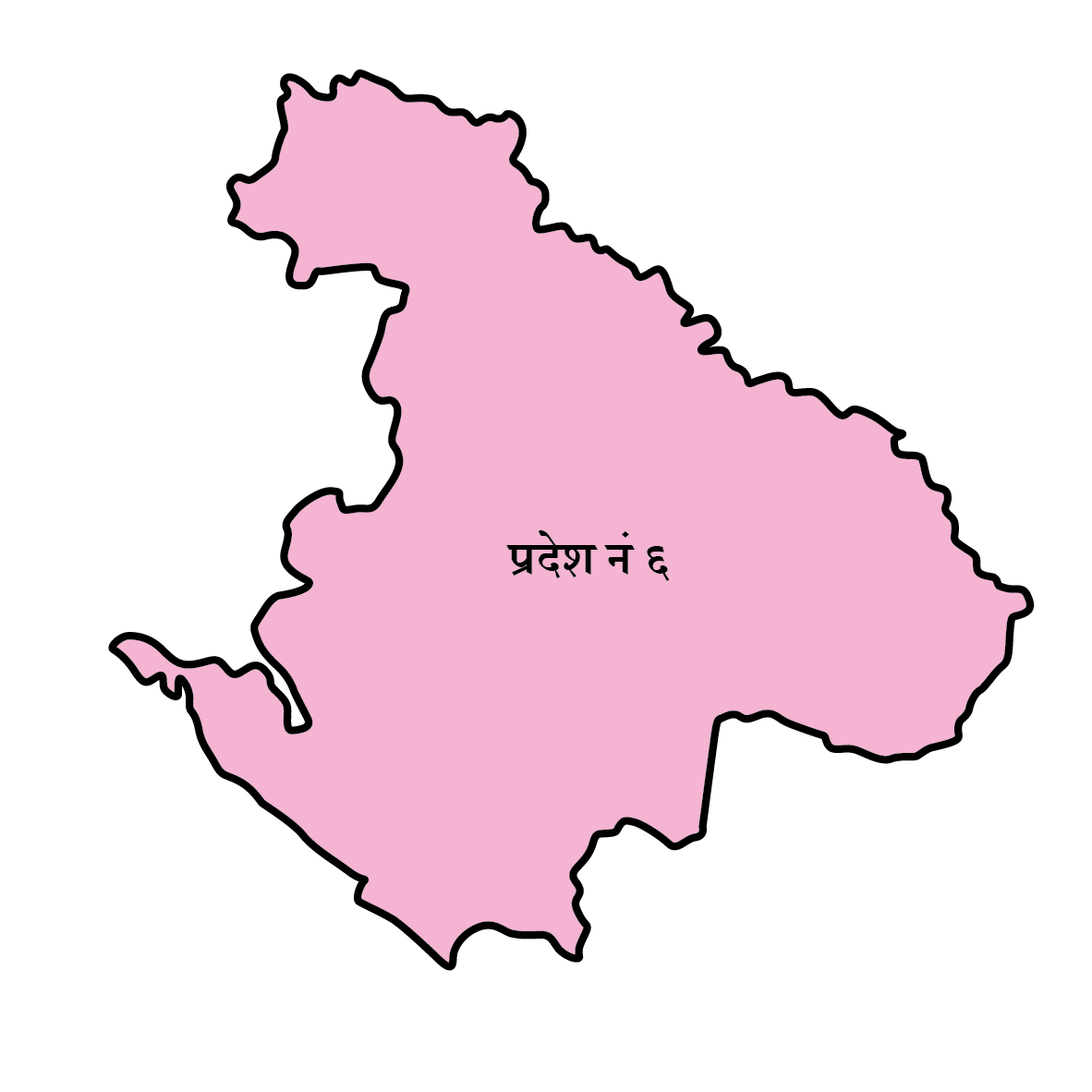 कर्णाली
कर्णाली 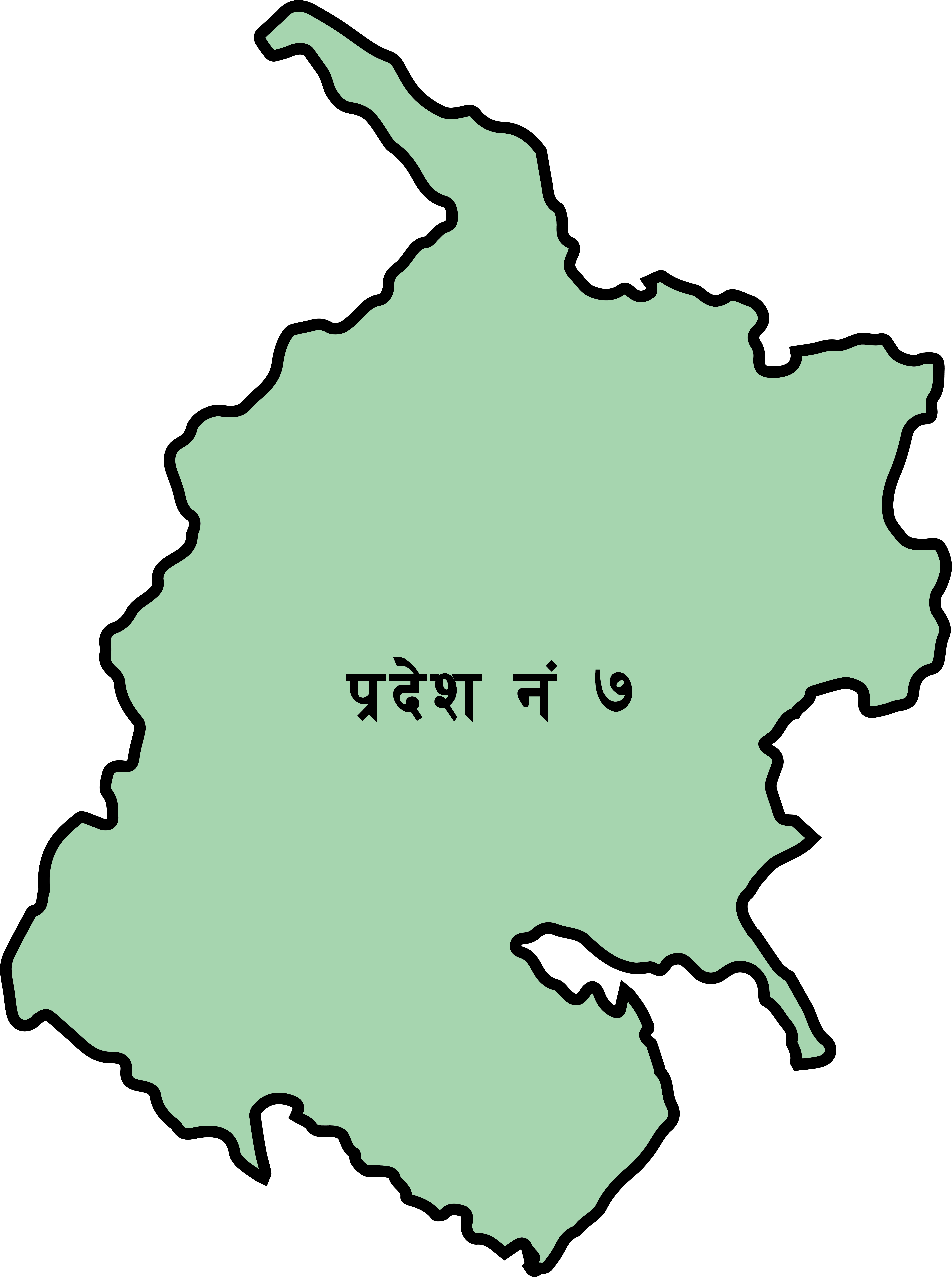 सुदूरपश्चिम
सुदूरपश्चिम
















